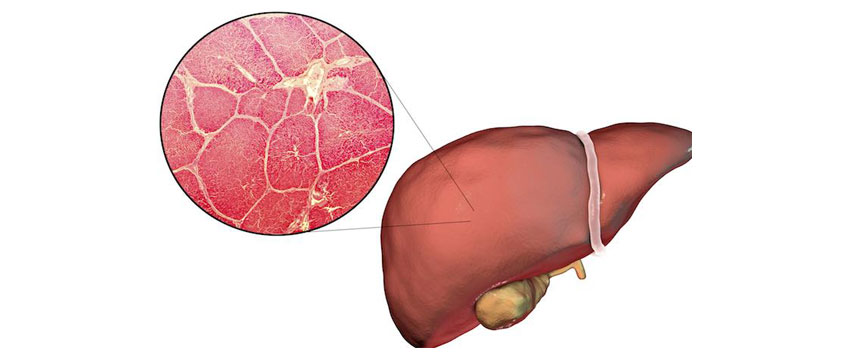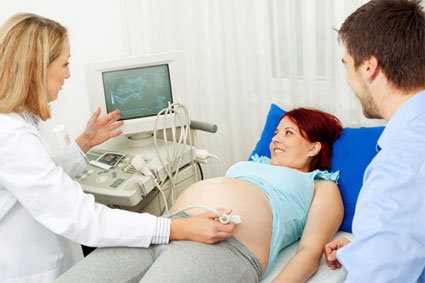Hepatitis-B infection in pregnancy can be a cause of concerns for your unborn child. Learn about the symptoms and tips for coping with Hepatitis-B during pregnancy.If you are suffering from Hepatitis-B infection in pregnancy, it shall pose some unique management concerns for your unborn child and you as well. Globally, there have been lots of efforts to reduce the effects of chronic HBV that is known to contribute to more than a half of the chronic infections all round the world.
Transmission risk of the infection has been reduced considerably through universal vaccinations and maternal screening programs.
Symptoms of Acute Hepatitis-B Infection
Here is a list of symptoms that shall help you know if you are suffering from this infection:
- Your skin becomes yellow in colour and you find a yellow tinge while passing urine.
- Your stool becomes light in colour.
- You suffer from mild fever.
- Although feelings of tiredness are common in pregnancy, you suddenly begin to feel an unexplained tiredness.
- Gastrointestinal signs like nausea, loss of appetite are associated symptoms in this case.
- Pain in abdomen.
You can confirm the results only after going for a blood test.
Is the Hepatitis-B Test Necessary?
Unlike Hepatitis-A, this strain can be passed on to the foetus during childbirth. Nine out of ten infected babies, if left untreated, become chronic carriers and are at a risk of developing a more serious liver disease. This disease is generally tested in the fifth month.
Can Hepatitis-B Infection in the Mother Harm the Baby?
If the test results indicate that you do have Hepatitis B, it is possible for your doctors to treat your baby right at birth, so that future complications are prevented. That is why it is important to take the
Hepatitis-B test while you are pregnant.
Diagnosis for Hepatitis-B Infection in Pregnancy
You will be asked to go for a complete physical examination and your blood tests shall confirm the status of your liver function. In case you are suffering from a chronic infection, liver biopsy shall help determine severity of your disease.
Treatment during Pregnancy
Treatment for Hepatitis-B tends to be of 2 types:
- Treatment for the chronic mothers
- Prevention of HBV transmission to those newly born.
- Your doctor shall closely consider your case and follow the necessary treatment procedure.
- Those suffering from a chronic infection generally complain of mild liver disease in pregnancy. Hepatitis may flare after you have delivered your baby.
- In case the liver disease calls for treatment, or in case you are already taking medications, your doctor shall decide about the course of action.
- Women taking medicine in pregnancy as per the prescription of doctor did not report of any complications during pregnancy. There were no reports of HBV transmission or foetal injury reported in this case.
- You need to take additional care of yourself, if your liver is damaged.
- You must check with your doctor before taking any herbal solutions, remedies or drugs especially when you are pregnant.
- Any wrong move can cause further complications in your pregnancy.
- In case you are suffering from chronic active Hepatitis-B, you may be advised a more aggressive treatment procedure and in case you are in an inactive carrier state, you may be observed more closely by your healthcare practitioner.
- If Hepatitis-B is not treated, your baby may get the infection as well.
- Though it is not very likely for a mother to spread the infection to her baby, you need to be very careful and opt for all necessary treatment procedures.
- There are probabilities of your child developing liver problems in the long run. Newborn babies are offered Hepatitis-B immune globulin and vaccination in the first year after birth.
How to Prevent Hepatitis-B?
To ensure you do not spread the infection, you need to be careful of the following:
- You must get yourself vaccinated as per your doctor’s prescription.
- Discuss with your doctor about using protection while intercourse.
- Keep your toothbrush, manicure tools and linens separate.
- Do not take any pre-chewed foods. Since your immunity is week in pregnancy, you need to be extra attentive to hygiene and cleanliness.
- Keep your house and the surrounding clean.
Presently there are no cures available with Hepatitis-B. The infection is limited to several acute cases and tends to disappear among even those suffering from a chronic infection. You must strictly follow your doctor’s advice in order to prevent and deal with infections like Hepatitis-B and stay healthy during pregnancy.
What are cures available for Hepatitis-B during pregnancy? How does Hepatitis-B affect pregnancy? How to prevent Hepatitis B during pregnancy? Discuss here. 






























